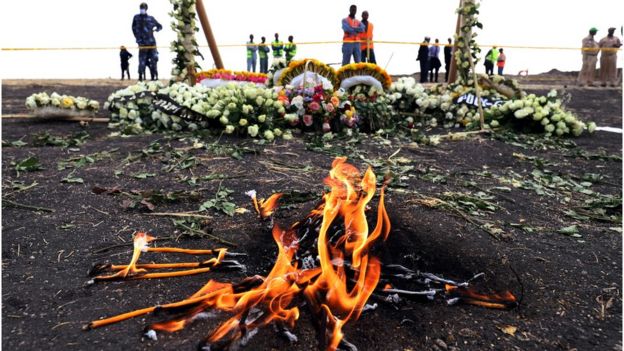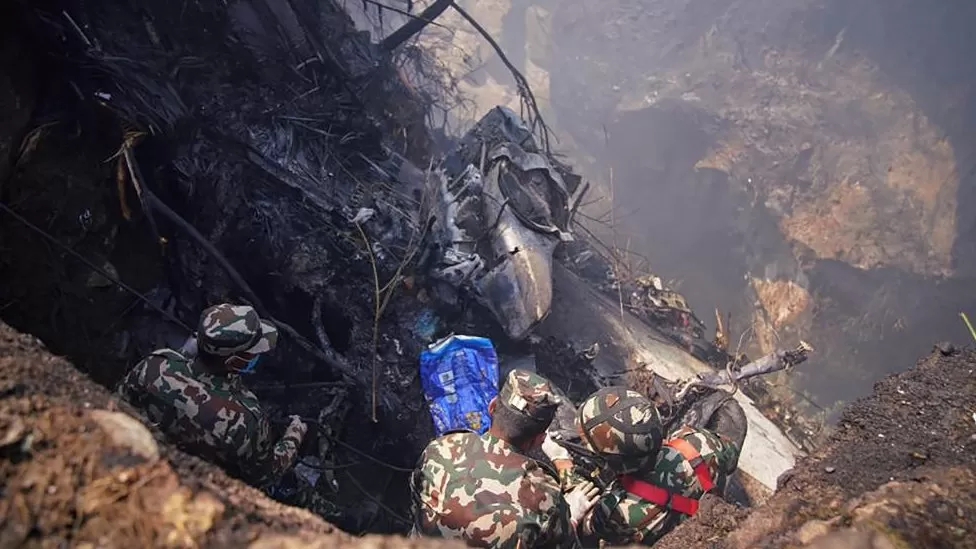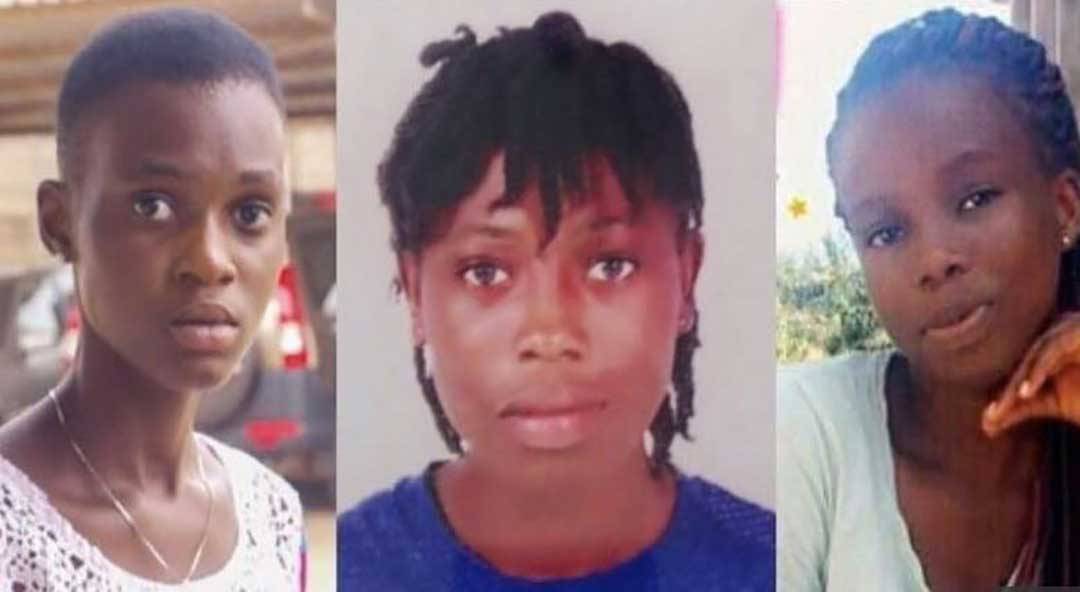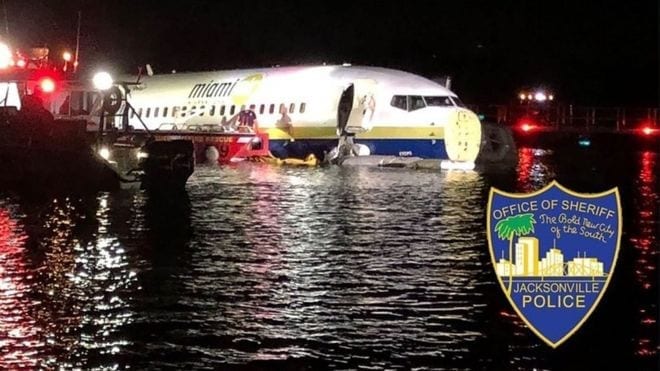The dead included tourists, business travellers and 19 members of UN-affiliated organisations, many of whom were heading to the annual assembly of the UN Environment Programme in Nairobi[/caption]
Ethiopian Airlines has offered the relatives of 157 victims of last Sunday’s Boeing 737 Max plane crash bags of scorched earth to bury in place of their loved ones, reports say.
Earth from the crash site is being made available for a planned service in Addis Ababa on Sunday, Reuters reports. Families have been told it could take up to six months to identify remains. Countries across the world grounded the 737 Max 8 and 9 aircraft after flight 302 crashed on 10 March. Ethiopia’s transport minister said on Saturday it may take “considerable time” for investigators to find the cause of the crash involving the new aeroplane. “An investigation of such magnitude requires a careful analysis and considerable time to come up with something concrete,” Dagmawit Moges told a press conference. Relatives of the passengers killed in the incident are being encouraged to provide DNA samples either in Addis Ababa or at any overseas offices of Ethiopian Airlines. Death certificates are expected to be issued in two weeks. Candles burn for victims at the scene of the Ethiopian Airlines crash days after the plane came down Photo: REUTERS[/caption]
Candles burn for victims at the scene of the Ethiopian Airlines crash days after the plane came down Photo: REUTERS[/caption]














